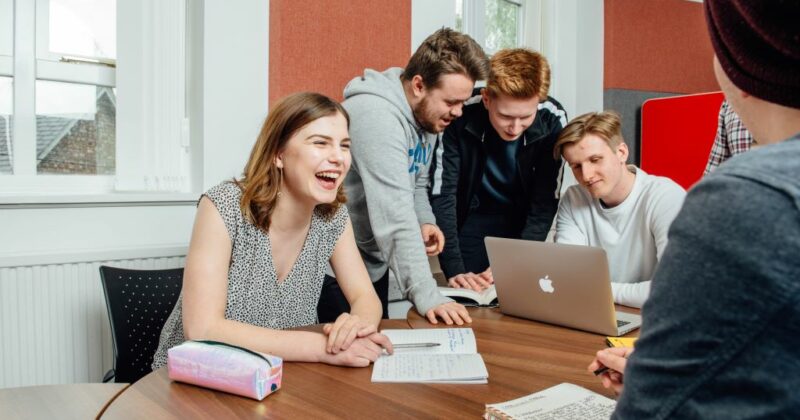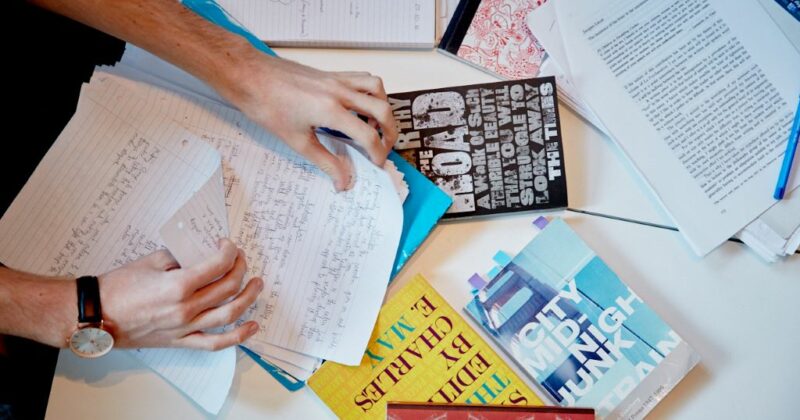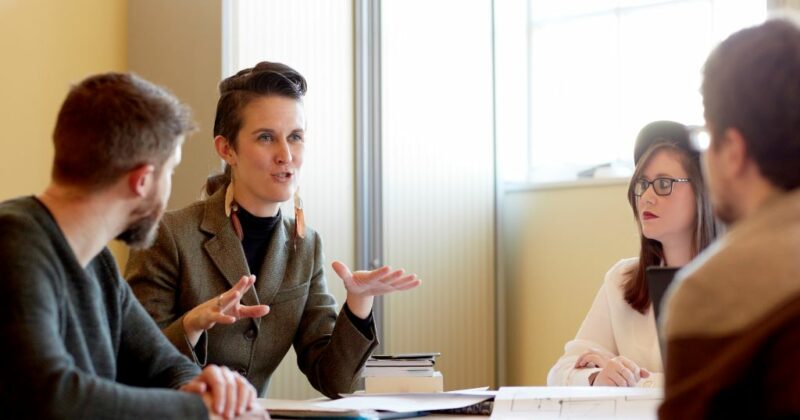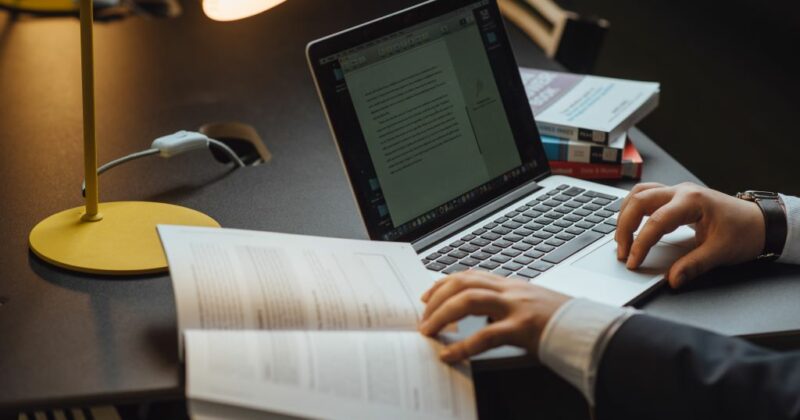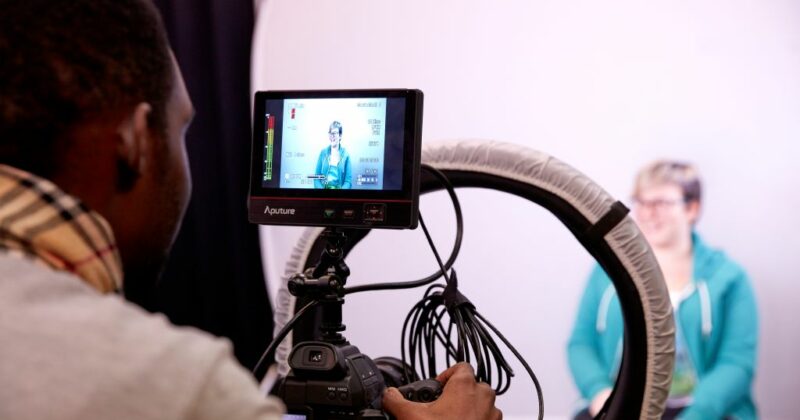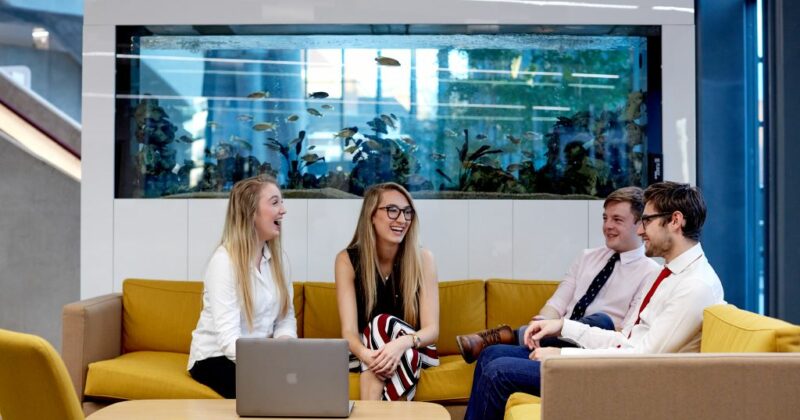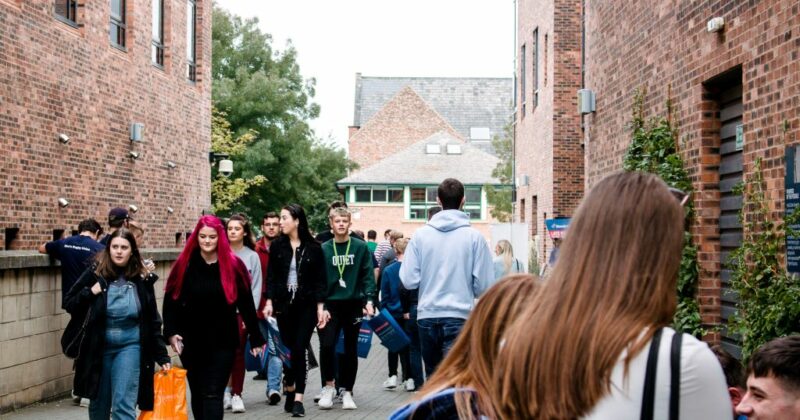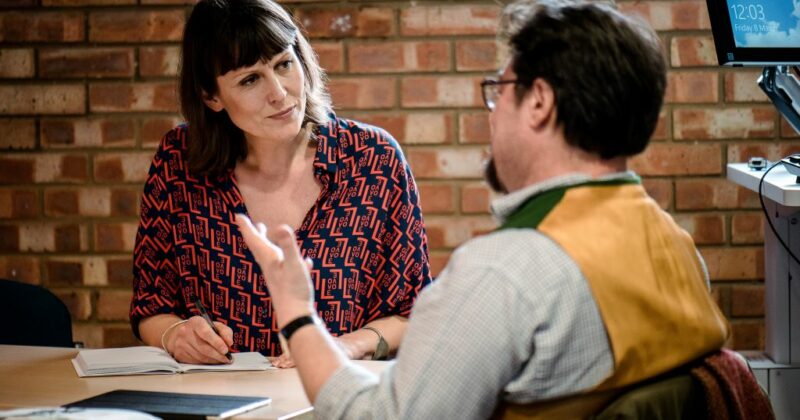
The challenges and strategies in participation research
Facilitator: Professor Nick Rowe, Director on Converge
RDF Indicator: A1, C1
Programme: PGR Research Skills Programme 2021-22
Theme: Research Ethics and Integrity
Session Overview:
In this session we will consider the challenges of, and strategies for, involving people in research who may not have had previous experience. We will look at the arguments for participatory research and its common pitfalls. Nick will share the experience of the Converge Evaluation and Research Team, a group of people with lived experience of mental ill health who undertake external research on issues related to mental health.
Learning Outcomes:
Understanding of participatory research and how to address challenges.
Gain an insight into conducting participatory research and strategies to employ.
This session is taking place on Microsoft Teams and will be recorded.
To book a place via Eventbrite please visit: The challenges and strategies in participation research Tickets...
